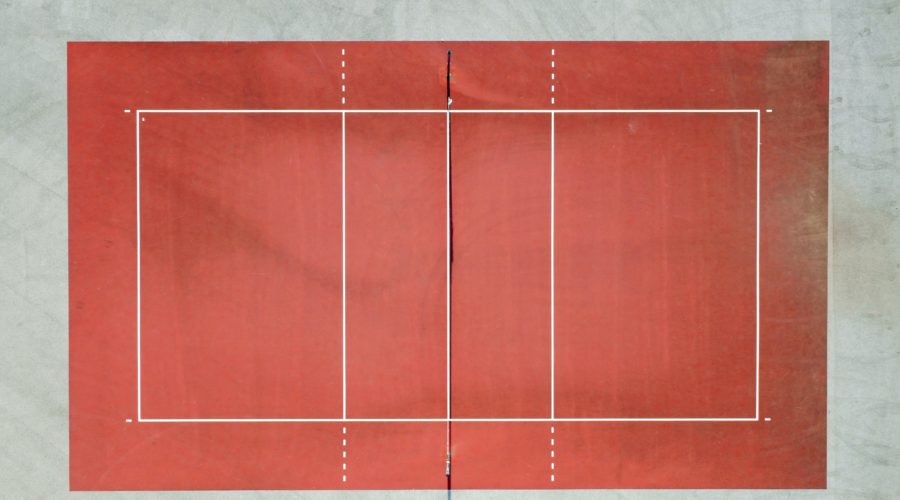Volleyball is a fun sport that’s enjoyed by people of all ages and is beloved all over the world. This article will be focused on the game itself, more specifically its history, rules, perks, and its significance to the BIS community.
Volleyball, originally called “mintonette”, was invented in 1895 by William G. Morgan, a physical education teacher in Holyoke, Massachusetts. He created the game as an alternative to basketball, which was rising in popularity at the time but was deemed to be too physical for some students/people. The first official game of volleyball was played on July 7, 1896, at the Springfield YMCA.
During play, only six players are allowed on the court at once, with three positioned in the front row and three in the back row. Scoring in each rally is awarded to the team that wins the rally (known as rally-point scoring). Players are prohibited from making consecutive hits, excluding blocks that are not considered hits. The ball may be hit off the net during a volley or serve. A ball that makes contact with a boundary line is considered in play. Conversely, a ball is deemed out if it touches the antennae, any part of the net, cables beyond the antennae, the referee stand, the pole, or the ceiling above an area that is not playable. While any part of the player’s body is allowed to make contact with the ball, it is illegal to catch, hold or throw it. A player is not allowed to block or attack a serve from within or on the 10-foot/3-metre line. Front-line players are allowed to switch positions after the serve. Matches consist of sets, and the number of sets played is dependent on the level of play.
Playing volleyball can be a lot more beneficial than you might think. Playing volleyball is a full-body workout that not only keeps you in shape but can also improve your physical attributes like cardiovascular health, controlling your breath, and also enhance your focus as well as your ability to balance. Apart from the numerous health benefits volleyball is just a fun game, it is a very social sport that doesn’t have to be played competitively and simply be a leisure activity. It can be enjoyed in a variety of places that have a volleyball court, those being both indoors or outdoors. Volleyball also allows you to get better at communicating with others and strengthening your teamwork skills. Those same skills are not only very useful and flexible in life but also help create new bonds and reinforce old ones.
It is also important to mention that volleyball is very important and dear to the BIS community. Not only is it played by many during PE class it is also a very popular extracurricular activity amongst the BIS students. Volleyball is widely regarded to be one of BIS’ strongest suits when it comes to sports. Volleyball is a sport that is taken quite seriously at BIS and to maintain the level of excellence at which our teams have been playing it, they have to follow a strict volleyball routine to hone their skills:
I interviewed one of the many great volleyball players in our school about why he likes volleyball so much, this is what he had to say:
“Well, I like volleyball primarily because of how fun it is. When you’re playing with people who play even just above the beginner level the experience is elevated. I also really like the intensity of it, it forces me to think quickly and react accordingly to what’s happening. When you know your team well everything rolls like butter, it’s as if everyone shares a brain. I think anyone can play this sport no matter the skill level, it all comes down to passion”
- Uzar (Grade 11)
In conclusion, volleyball is a sport that has a rich history, well-defined rules, and provides numerous physical and mental benefits. Whether you play competitively or just for fun, volleyball is a great way to stay active and social. Furthermore, the sport holds a special place for the BIS community and is an integral part of the school’s sports culture. By playing volleyball, people can not only improve their physical fitness but also develop important life skills such as communication, concentration, and leadership.
Written by Allan Akholms

